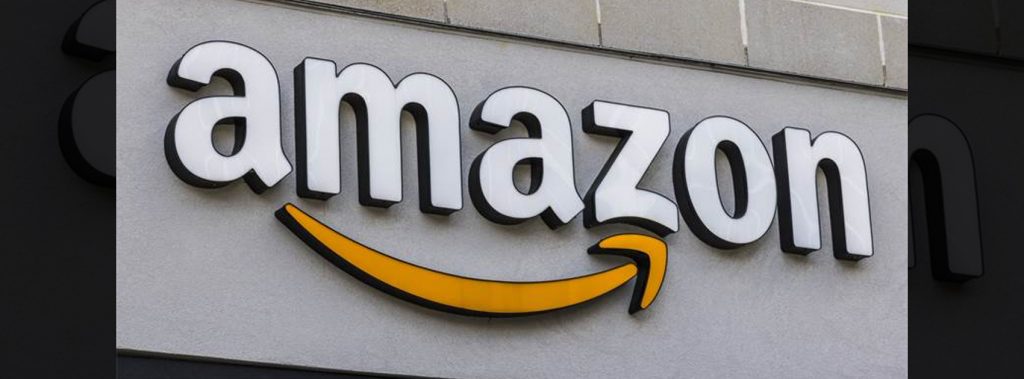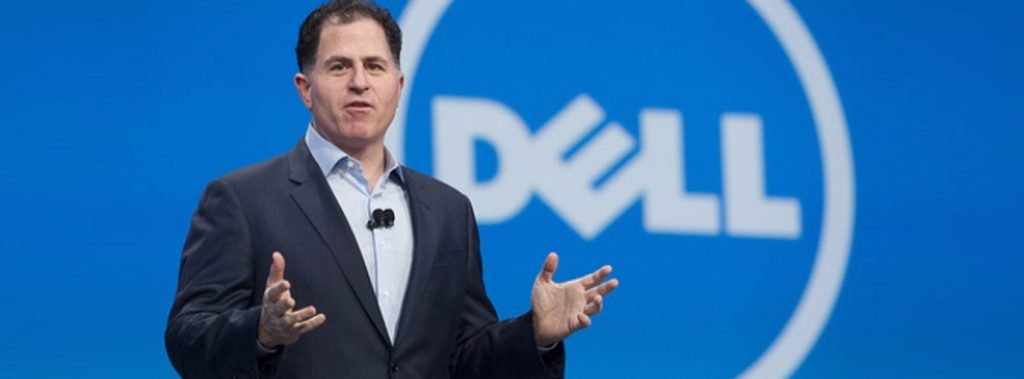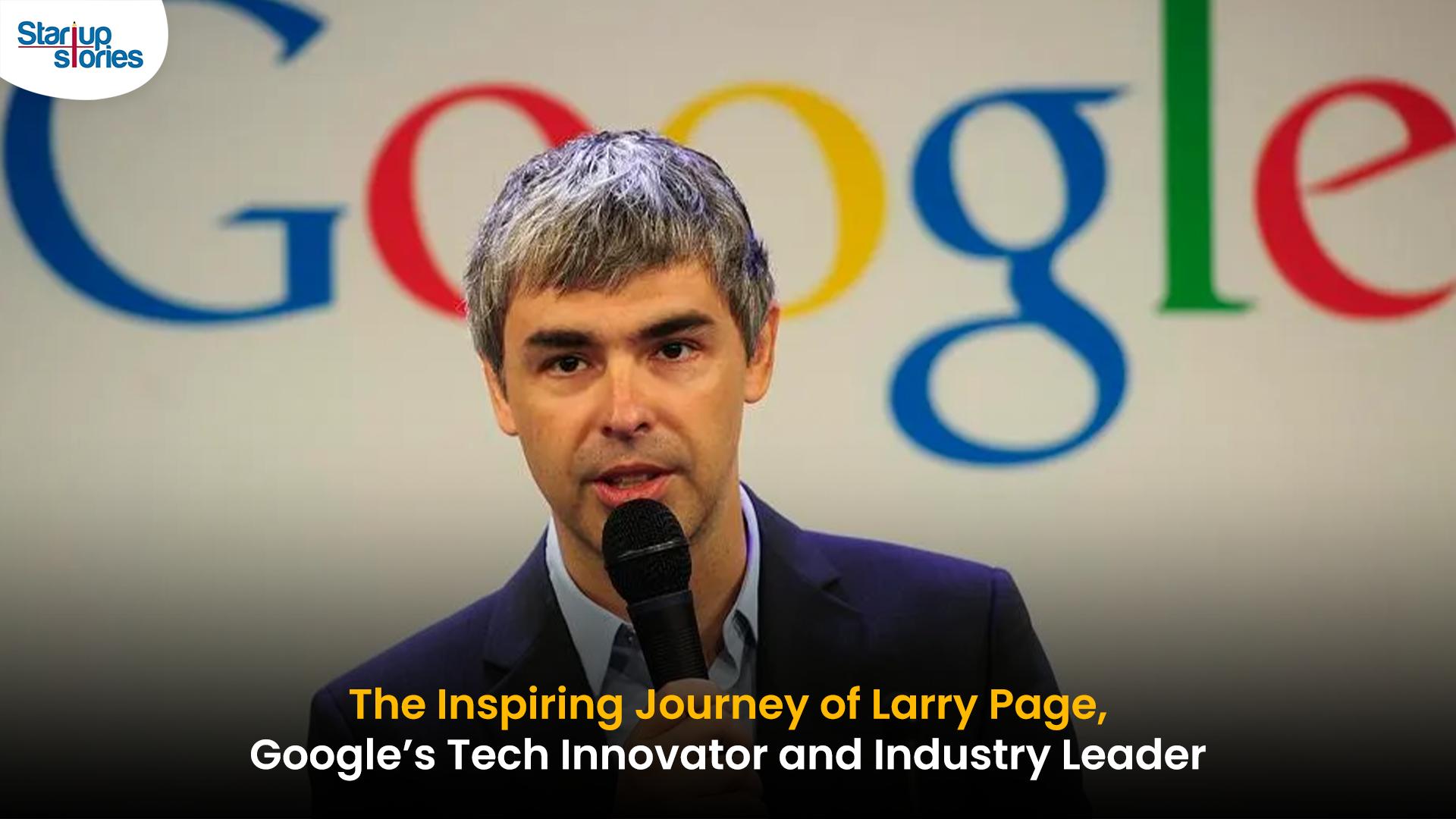Stories
Billion Dollar Companies Which Had Humble Beginnings

When we think about famous companies like Amazon and Dell, we only see the massive office spaces, the billion dollar revenues and the huge number of employees employed by the companies. Most often, we fail to see the humble beginnings of the companies, when the founder only had an idea and determination with him/her. Let us take a look at 5 such companies which began their journey in a humble way.
1) Amazon

This multinational technology Company started in the garage of its founder, Jeff Bezos, in Bellevue, Washington in 1994. Bezos started Amazon after reading that the future of internet projected an annual web commerce growth of 2300 %. Initially an online bookstore, Amazon grew massively into one of the biggest companies in the world and made Bezos the world’s richest man.
2) Disney

When Walt Disney started the Disney Brothers Cartoon Studio with his brother Roy Disney, they only had Walt’s drawing skills and their uncle’s garage on which they could rely. Now, almost a century later, the Disney Brother Cartoon Studio, known as The Walt Disney Company, is the world’s biggest multimedia company and is worth over $ 150 billion. Since its beginning with Laughing Alice, the Company has established itself as the leader of American animation.
3) Harley Davidson

The dream of every motorbike enthusiast, Harley Davidson, started in a wooden shed in 1901. Creator William S. Harley designed a small engine, which was originally meant for a regular pedal-bicycle frame. Along with his friend Arthur Davidson, he created the first Harley Davidson bike, which took two years to finish. Now one of the biggest motorbike manufacturers in the world with a net worth of over $ 5.86 billion, Harley Davidson has come a long way.
4) Dell

Established in 1984 by a University of Texas student, Michael Dell, Dell Computer Corporation operated as PC’s Limited at the time. Michael Dell used to sell custom made computers from his dorm room and eventually dropped out of college in order to expand his company. The Company has now become one of the largest technological corporations in the world and is known for employing more than 1,45,000 people all over the world.
5) Nike

Nike, the multinational shoe manufacturer, probably had the humblest start. The company started as Blue Ribbons Sports in 1964 in the car trunk of its founder Phil Knight, who was a track athlete at the University of Oregon. Starting its journey from the car trunk, the Company has gone to achieve massive success, with a net worth of $ 32.4 billion, making Knight the 26th richest man in the world.
These companies and their founders are living proof you don’t need a lot of money and a massive office space to start your business. All you need is a great idea and determination to work towards it.
Videos
T.N. Seshan: The Fearless Reformer Who Redefined Indian Democracy

T.N. Seshan’s name stands tall in India’s history as the man who transformed the nation’s electoral system with extraordinary courage and integrity. Born in 1932 in Kerala, Seshan grew up with values of discipline, education, and service to the nation — virtues that shaped his illustrious journey. From his early brilliance at Madras Christian College to his advanced studies in public administration at Harvard University, Seshan’s path reflected rare determination and intellect. Joining the Indian Administrative Service in 1955, he built a reputation as a no‑nonsense officer committed to efficiency and honesty, serving in key roles such as Secretary of Defense and overseeing vital national programs.
As the Chief Election Commissioner of India in 1990, T.N. Seshan sparked a new era of electoral integrity. In a system once marred by corruption, violence, and malpractice, Seshan brought order, fear, and respect through his groundbreaking reforms. He introduced voter ID cards, imposed strict spending limits on campaigns, and insisted on transparency at every level of the election process. Despite criticism from political circles that labeled him dictatorial, his relentless pursuit of fairness empowered every citizen to vote fearlessly. Under his leadership, the Election Commission became a symbol of strength and integrity in Indian democracy.
Seshan’s passing in November 2019 marked the end of an era, but his message continues to resonate across generations. Leaders from every corner of the country mourned the loss of the man who restored faith in free and fair elections. His enduring legacy reminds us that true leadership lies not in wielding power, but in serving people with honesty, courage, and conviction. T.N. Seshan’s life remains a timeless inspiration a reminder that democracy thrives only when its citizens are vigilant, responsible, and fearless.
Entrepreneur Stories
Indian Man Quits JPMorgan, Takes 70% Pay Cut to Launch $6 Million Startup

Leaving behind a high-paying job at JPMorgan, an Indian entrepreneur embraced a 70% salary cut to pursue true purpose and passion in the startup world. Disenchanted with what he described as a “robotic” corporate routine, he sought meaningful work that made a real impact. This pivotal decision marked the beginning of his new journey, one focused on value creation rather than titles and corporate perks.
Powered by resilience and fresh perspective, the entrepreneur launched his own startup, prioritizing innovation and hands-on solutions. The road was challenging, but his vision resonated with the market: the startup quickly gained traction and raised $6 million—an impressive acknowledgement of its potential in a competitive landscape. Every hard lesson from early setbacks and bootstrapping paid off in real customer growth and investor confidence.
Today, his journey stands as an inspiring example for professionals seeking authentic success outside the corporate grind. By trading comfort for creative freedom, he grew a venture that solves important problems, generates jobs, and builds wealth beyond just salary. For ambitious founders, his story highlights the power of risk-taking, adaptability, and relentless focus on impact in India’s thriving startup ecosystem.
Videos
Larry Page: The Visionary Co-Founder Behind Google’s Global Success

Larry Page is a visionary technology entrepreneur and co-founder of Google, one of the world’s most influential companies. Born in 1973 in Michigan, Page grew up surrounded by computer technology, which inspired his passion for innovation from an early age. He studied computer engineering at the University of Michigan and later pursued his PhD at Stanford University, where he developed the revolutionary PageRank algorithm with Sergey Brin. This technology fundamentally changed the way search engines rank websites, making Google the most accurate and popular search engine globally.
The journey of Larry Page and Google began in 1998 when they officially launched the search engine from a small garage. Leveraging their unique algorithm, Google quickly surpassed competitors due to its ability to deliver highly relevant search results, transforming internet search forever. Under Larry Page’s leadership as CEO, Google expanded beyond search to launch groundbreaking products including YouTube, Gmail, and Google Maps, turning it into a global tech powerhouse that shapes how we access and interact with information online.
Larry Page later became the CEO of Google’s parent company, Alphabet Inc., driving innovation and investment in next-generation technologies such as artificial intelligence, autonomous vehicles, and healthcare solutions. His visionary leadership and commitment to technological advancement have cemented his legacy as one of the most influential figures in the tech industry. Today, Larry Page remains a key influencer in shaping the future of technology and digital innovation worldwide.













Mauprzqc
May 27, 2025 at 4:45 pm
Explore the ranked best online casinos of 2025. Compare bonuses, game selections, and trustworthiness of top platforms for secure and rewarding gameplaycasino bonus
Kuwin
November 6, 2025 at 5:02 am
kuwin sở hữu kho game đa dạng từ slot đến trò chơi bài đổi thưởng, mang đến cho bạn những giây phút giải trí tuyệt vời.
GO88
November 6, 2025 at 2:55 pm
Tham gia cộng đồng game thủ tại Go88 để trải nghiệm các trò chơi bài, poker phổ biến nhất hiện nay.
站群程序
November 7, 2025 at 6:16 pm
搭载智能站群程序,自动化搭建与管理,为SEO项目提供核心驱动力。站群程序
谷歌站群
November 10, 2025 at 1:23 am
专业构建与管理谷歌站群网络,助力品牌实现全域流量的强势增长。谷歌站群
站群程序
November 13, 2025 at 2:46 pm
搭载智能站群程序,自动化搭建与管理,为SEO项目提供核心驱动力。站群程序
J88
November 16, 2025 at 7:27 am
Đến với J88, bạn sẽ được trải nghiệm dịch vụ cá cược chuyên nghiệp cùng hàng ngàn sự kiện khuyến mãi độc quyền.
MM88
November 19, 2025 at 11:34 am
Với giao diện mượt mà và ưu đãi hấp dẫn, MM88 là lựa chọn lý tưởng cho các tín đồ giải trí trực tuyến.
iwin
November 20, 2025 at 11:50 pm
iwin – nền tảng game bài đổi thưởng uy tín, nơi bạn có thể thử vận may và tận hưởng nhiều tựa game hấp